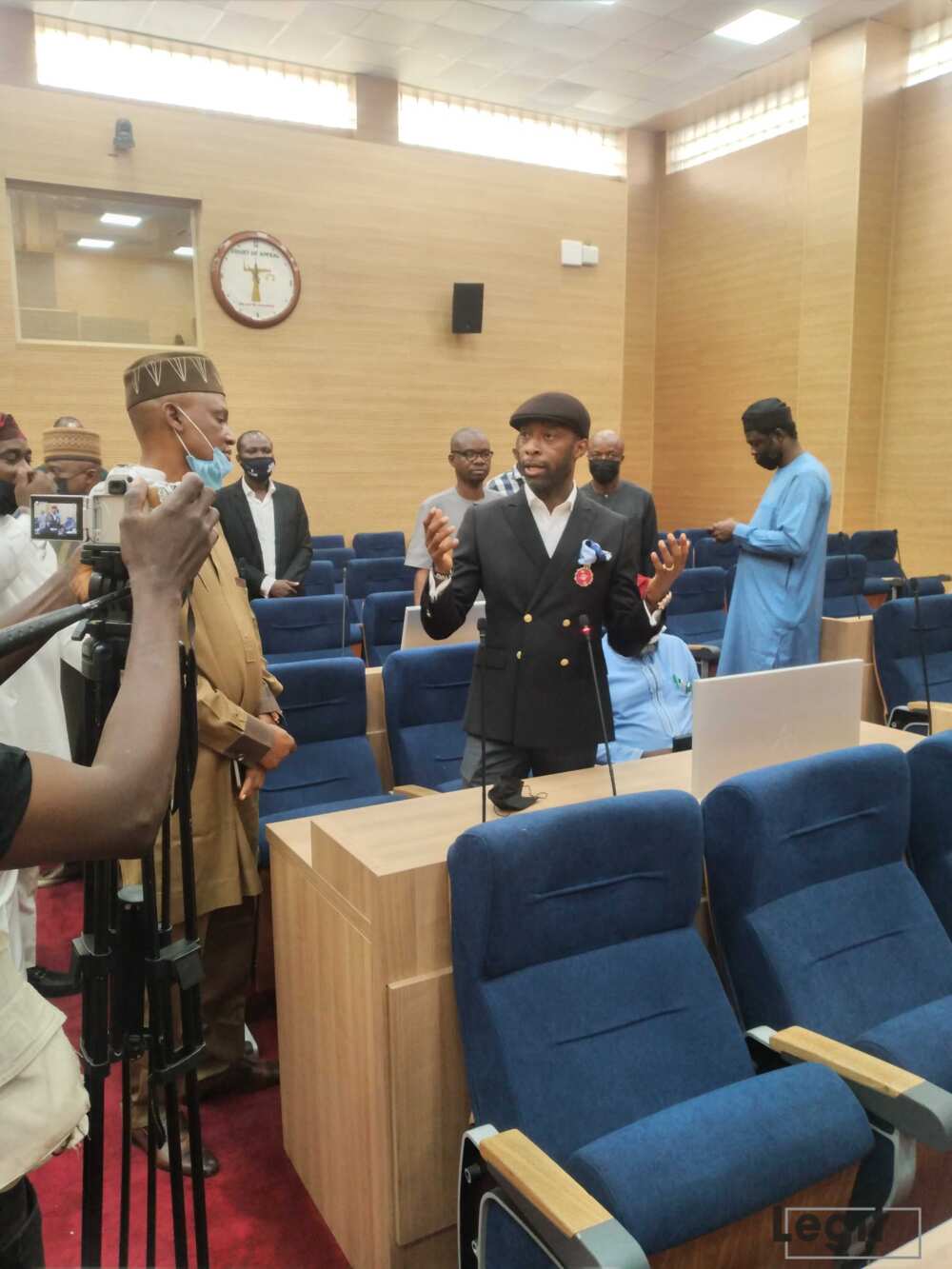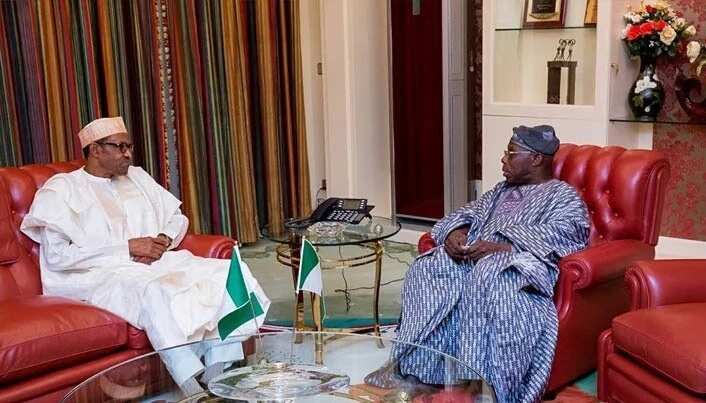
The Federal Ministry of Health has partnered with the World Health Organisation to strengthen stakeholders’ capacity to halt impact of electronic waste exposure on child and public health in Nigeria.
This was the thrust of the ongoing National Stakeholders’ Workshop on Prevention of Impact of Electronic Waste on Child Health in Abuja.
The Minister, Dr Osagie Ehanire, called for more political commitment from stakeholders towards reversing this trend, saying the country had enough laws and policies to curb the negative impact of electronic waste management.
Ehanire, represented by Dr Shuaibu Bonji, Director, Climate Change and Environmental Health, said discarded and obsolete electronic equipment was becoming a worldwide problem.
“Disposing E-waste safely and securely was important for everyone, the issue of E-waste across the world today including Nigeria, electronic and electrical device have become indispensable in our daily lives.
“The dangers posed by improper disposal of E-waste on the environment ultimately have impacts on human beings, the health effects of these toxins on human includes; birth defects which are irreversible.
“The brain, heart, kidney and other sensory organs can also be damaged, there is an urgent need for all stakeholders to take prompt actions,’’ he said.
He added that the ministry was optimistic that recommendations from the meeting would serve as a veritable tool for advocacy towards changing the narrative of poor e-waste management.
Dr Edwin Isotu-Edeh, National Consultant, Public Health and Environment, representing WHO Nigeria Country Representative, said the meeting would raise awareness on the magnitude of e-waste exposure to human and health.
According to him, this will set the country on a path to have a roadmap on data collection on e-waste sites in the three pilot states of Kano, Lagos and Rivers.
“This will show the low awareness and unpleasant practices.
“All of these data will assess the readiness of the health system to respond to the issue of e-waste as it affects public and child health.
“It will also know what exposures to toxins and chemical affects the nation.
“The television you use in your house, mobile phones have some dangerous chemical in them, when you throw them in the dustbin and it is not properly managed.
“Some people go to pick them up, remove somethings out of them.
“Those dangerous chemicals may damage peoples’ health, affect their lungs, organs, and make it difficult for children to have good memory, affect the immune system of everyone on that chain.
“The unused battery that people remove from their cars should not be disposed indiscriminately, they should be properly managed, and now is the time to take the actions,’’ he said.
Dr Livinus Nwankwo, representative of the Ministry of Environment, said electrical and electronic waste was massive in Nigeria, saying its impact was grave to public health and wellbeing of children, as they were the most vulnerable.
“The Federal Executive Council had approved restricted importation of e-waste into the country, as we speak, we have trained Nigeria Customs Service on how to identify e-waste at our entry points.
“We have partnered with so many organisations to curb the effect and impact of e-waste into the country.
“Although we allow importation of some used electronic wastes in order to bridge the digital gap, if the policy come into place, I know that will curb the inflow of used items.
“When we do this, the age limit of these equipment will be placed so that those who do not make it are not imported into the country’’.
He expressed hope that the stakeholders’ collaboration would go a long way to address the menace.
Dr Baba Mohammed, Registrar, Environmental Health Registration Council of Nigeria (EHORECON), expressed optimism that the workshop was an avenue to mitigate the impact of climate change in the country.
He said the proposed Environmental Health Management Information System would also be a platform for effective collection and management of data to assess and proffer solutions to e-waste in Nigeria.
“The Environmental Health Management Information System will be a system where all environmental parameters will be reported from grassroots to the Federal, this template would also be done in collaboration with WHO,’’he said. (NAN)



